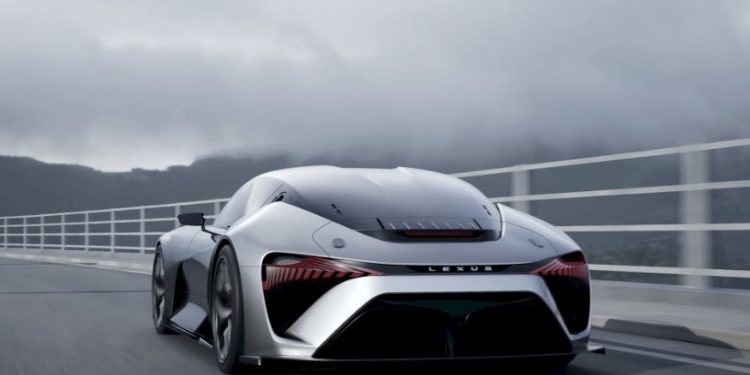Tokyo: Luxury automaker Lexus is betting on hybrid vehicles for sustainable growth in the Indian market till it rolls out its first battery-electric vehicle in the country in 2026, a top company executive said Wednesday.
In an interaction on the sidelines of the Japan Mobility Show here, Lexus International President Takashi Watanabe said the automaker would even look at expanding the hybrid technology till the introduction of battery-electric vehicles in the market.
Besides, the company would also examine if more SUV body styles could be introduced in the Indian market, which has seen huge growth in the luxury car segment this year, he added.
“Before we go into the BEVs, it is undeniable (that) the impact which hybrid vehicles bring to the whole carbon neutrality movement. So, from the powertrain standpoint, we will be moving ahead with hybrid powertrains and try to even expand the technology,” he noted.
He was replying to a query regarding the company’s product plan for the Indian market before it launches a BEV (battery-electric vehicle).
Watanabe said that the development of hybrid vehicles allows the automaker to be flexible with its product development strategy.
“…What hybrid allows us to do is develop the three technologies — the internal combustion engines, electric motors as well as batteries. So, that prepares us to be in a good position no matter which way the market goes,” he stated.
Focus on hybrid technology allows to re-innovate the value which cars bring and puts the company in a very prepared position going ahead, Watanabe said.
When asked if more SUVs could be introduced in the country, he noted that the growth of the segment is evident all across the globe, including India.
“We are examining the potential of the SUVs in the Indian market,” he said.
Lexus, a part of Toyota, currently, sells six models in India, including three sedans and three SUV models.
It has also commenced taking orders for the seventh model LM for the Indian market.
Lexus on Wednesday showcased the next-generation BEV concept car LF-ZC, which it plans to launch in 2026.
It also unveiled its BEV flagship concept model LF-ZL.
Lexus aims to become an electric brand by 2035, a transition that will involve fundamentally reassessing vehicle architecture through a new modular structure, implementing production technology and fully integrating a comprehensive new software platform.
Elaborating on the company’s electrification strategy in India, Watanabe said the automaker is going to study even further and find the best way to push carbon neutrality.
“We are going to find programmes that match that vision,” he added.
Watanabe noted that the company will be looking at the market growth rate and the proper timing for the introduction of BEVs.
“The vehicles we unveiled today are the representation of our technological development prowess…You will see the effort being reintroduced into other vehicle types,” he added.
The LF-ZC (Lexus Future Zero-emission Catalyst) concept introduced here is part of the forthcoming next-generation Lexus BEV lineup, due for market launch in 2026.
PTI






































